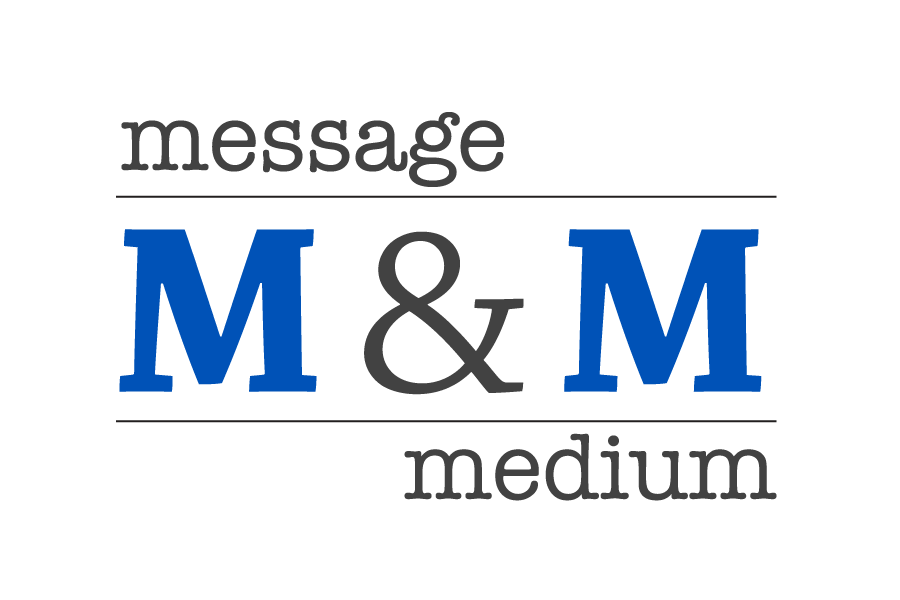I believe that one of life's few remaining truths is that truth is dead. I've not read "1984" in years - I've been enjoying Mr. Blair's less iconic works recently -- but my daughter is working on it in her high school English class. Her very creative teacher has pulled a few "learning pranks" to illustrate the premise that he who controls the communication conduits controls what is accepted by most as "the truth." Technology has driven the massive proliferation of new communications conduits proliferate and has also guaranteed that access to them is universally available. As a result, the degree of relativism in public discussion (and I use discussion very loosely here) continues to grow and the idea of what constitutes truth becomes infinitely expandable. Now, perspective is truth. Context is truth. Volume is validation. Watching the US punch itself stupid in the last election cycle -- a process whose rhetorical violence is sure to accelerate in the next presidential campaign -- and observing the circular firing squad reportage and response on the WikiLeaks phenomenon, as well as the "Zuckerman Agonistes" of the last several months, highlights this eye-of-the-beholder notion fairly effectively. So, what is the lesson for the communications industry here ? Who owns the "truth" of our companies and clients now? How do we communicate effectively when our carefully crafted strategy, our brilliantly drawn messaging and our tactical excellence can be blown out of the water by any digital narcissist with self-esteem issues and a Twitter account?
Deploying new talent and cutting edge tools are part of the discussion but not central to the issue and, to me, seem like treating symptoms and not the condition. The answer is evolving, quite clearly, but I do know that when all truth is debatable it's an issue that transcends marketing and communications.
